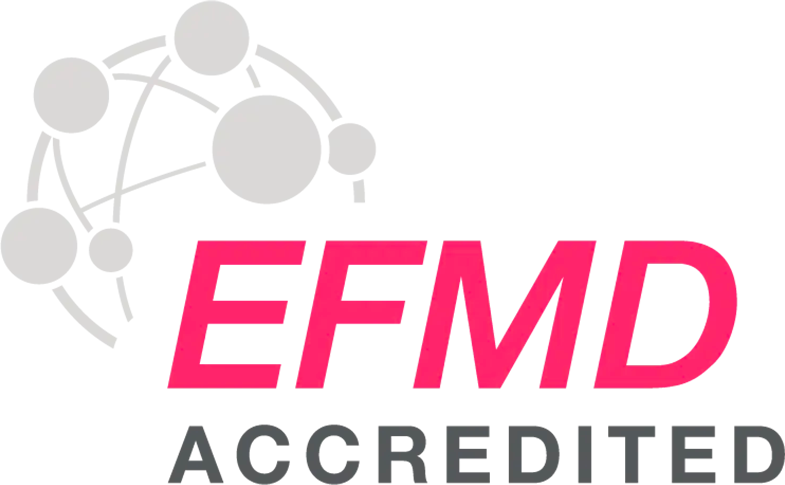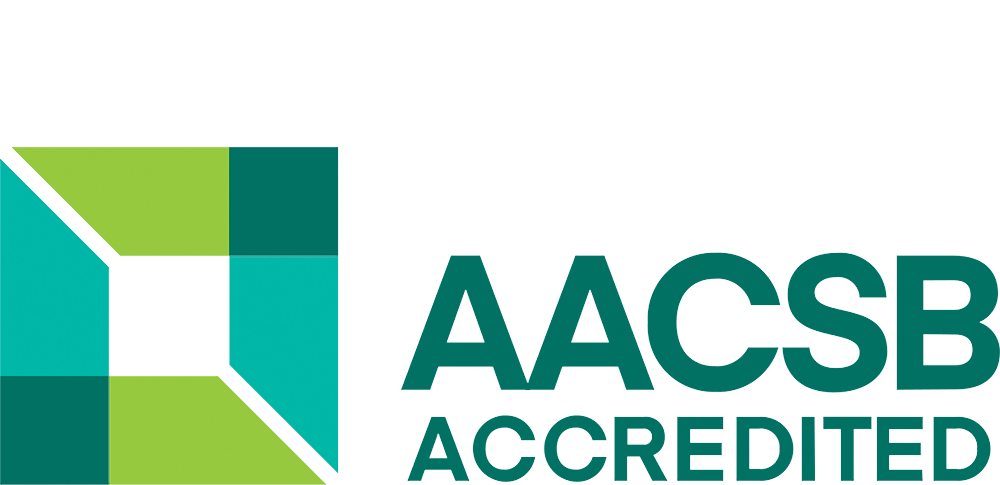20 Jan

Webinar - Opening of Parcoursup & Our Programs
Are you thinking about your career path this year?


Professor of Strategy, CSR and Business Marketing Ethics
Contact
Email: ma.achabou@ipag.fr
Phone: +33 1 5363 3600
Campus: Paris

Education
2015: Accreditation to supervise research (HDR), AES, Université Montpellier 1
2010: Ph.D. in Management Sciences, Montpellier SupAgro
2008: Master’s Degree in Business Engineering, EM Strasbourg
2004: Master’s Degree in Economics of agricultural, food and rural development, ENSA
2003: Master’s Degree in International food economics and management of SMEs, IAM Montpellier
2002: Engineer in Agricultural economics, Algiers
Mohamed Akli Achabou is a Professor of Strategy, CSR, and Business Marketing Ethics at IPAG Business School. He holds several master’s degrees in Agricultural and Food Economics as well as a Ph.D. in Management Sciences from Montpellier SupAgro and obtained his Accreditation to supervise research (HDR) in 2015 at the University Montpellier 1. He is a member of the “Towards an inclusive company” research group, IPAG BS Research Lab and has been published in many peer-reviewed journals such as Journal of Business Research, Journal of Business Ethics, Business Strategy and the Environment and the European Business Review, having won awards for his publications such as the best empirical paper award at the AIMS Conference 2016. His research focuses on responsible consumption and CSR in companies and he has spoken at various conferences on the matter.
Achabou (2020). Is animal welfare a central issue for consumers of luxury goods? Natural Resources Forum, 2020
Achabou (2020). Could CSR improve the financial performance of developing countries’ firms? Analyses of mediating effect of intangible resources, European Business Review.
Achabou, Mohamed Akli, Sihem Dekhili, and Anna Paola Codini. "Consumer preferences towards animal-friendly fashion products: an application to the Italian market." Journal of Consumer Marketing.
Achabou, M. A. (2020). The effect of perceived CSR effort on consumer brand preference in the clothing and footwear sector. European Business Review.
Dekhili, S., Achabou, M. A., & Alharbi, F. (2019). Could sustainability improve the promotion of luxury products?. European Business Review.
Achabou, M. A., Dekhili, S., & Tagbata, D. (2018). Mieux comprendre les difficultés de développement du doggy bag en France: une analyse par l'approche des représentations sociales. Decisions Marketing, (92).
Achabou, M.-A., La consommation des produits écologiques dans les pays en développement: exploration de la préférence des consommateurs entre un produit fabriqué localement et un produit importé d’un pays développé? Revue Française du Marketing, n° 258, pp. 57-75, 2016.
Achabou, M. A., Dekhili, S., & Hamdoun, M. (2017). Environmental upgrading of developing country firms in global value chains. Business Strategy and the Environment, 26(2), 224-238.
Hamdoun, M., Zouaoui, M., Achabou, M., & Dekhili, S. (2016). Le management environnemental et l’avantage concurrentiel des entreprises tunisiennes: Quel rôle pour la capacité d’innovation?. Management international/International Management/Gestiòn Internacional, 20(3), 72-89.
Dekhili, S., & Achabou, M. A. (2015). The influence of the country-of-origin ecological image on ecolabelled product evaluation: An experimental approach to the case of the European ecolabel. Journal of Business Ethics, 131(1), 89-106.
Achabou, M. A., & Dekhili, S. (2013). Luxury and sustainable development: Is there a match?. Journal of business research, 66(10), 1896-1903.
Visiting Professor of Strategy (Master 2 Business engineering) at TEMA Algiers
Since 2010: Professor at IPAG Business School, 184 bd Saint Germain, 75006 Paris
2009 - 2010: Assistant - Sup Formation Strasbourg.
2005-2008: Assistant - Montpellier University
Research Areas
Strategy, CSR, Business and marketing ethics
Teaching Areas
Business: Strategy, Marketing, Responsible marketing, Organization theory, Thesis methodology, Economy: Corporate economics, Socio-economics of organization, Companies and markets, Microeconomics, History of economic facts, Information and risks, Macroeconomics
Application
Contact